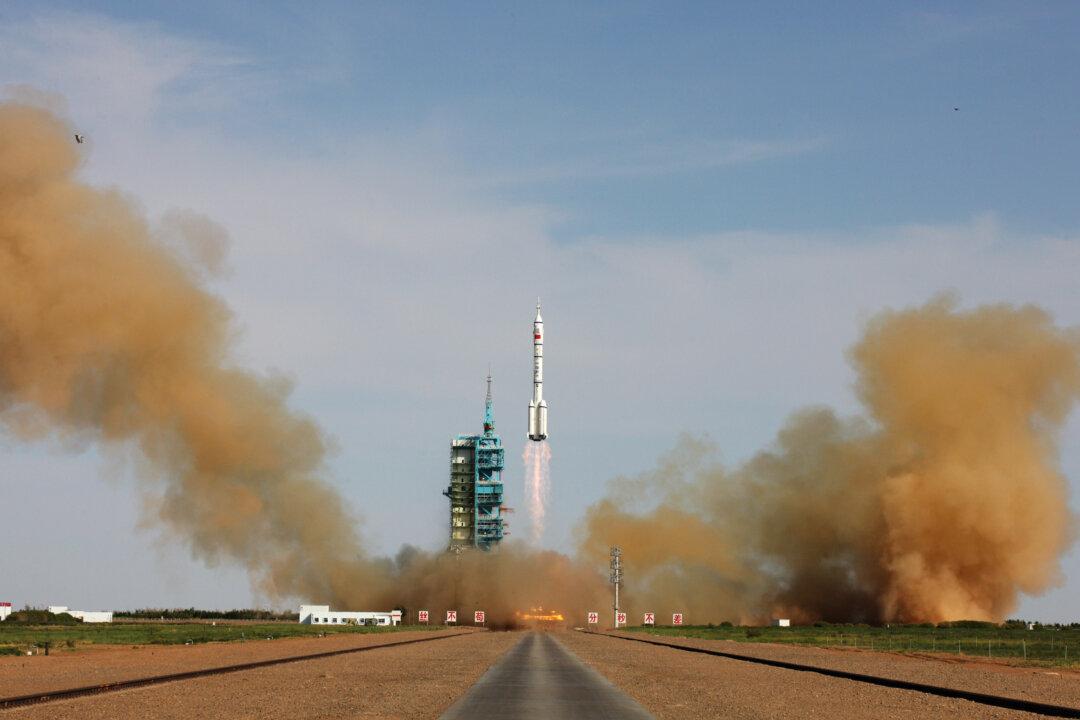An otherwise silent branch of the U.S. military has suddenly decided to speak out. Air Force Space Command is in charge of watching for one of the most serious, yet most overlooked, threats to the United States—and it recently opened its doors for a segment on “60 Minutes.”
“Somebody somewhere has made a political decision,” said William Triplett, former chief counsel to the Senate Foreign Relations Committee and an expert on national security, in a phone interview.
Triplett said high-level clearance would be needed for the officers in the segment, especially in Space Command, to speak so openly with the press. This is even more so, he notes, since officers in the “60 Minutes” piece warn several times of the Chinese military.
“Think about when the last time anyone in the administration has come out and said the Chinese are a military threat,” Triplett said.
“I can’t remember anything in all the years I’ve been at this, at least since the 1970s, that the administration has come out and said the Chinese are a military threat to us this blatantly,” he said.





